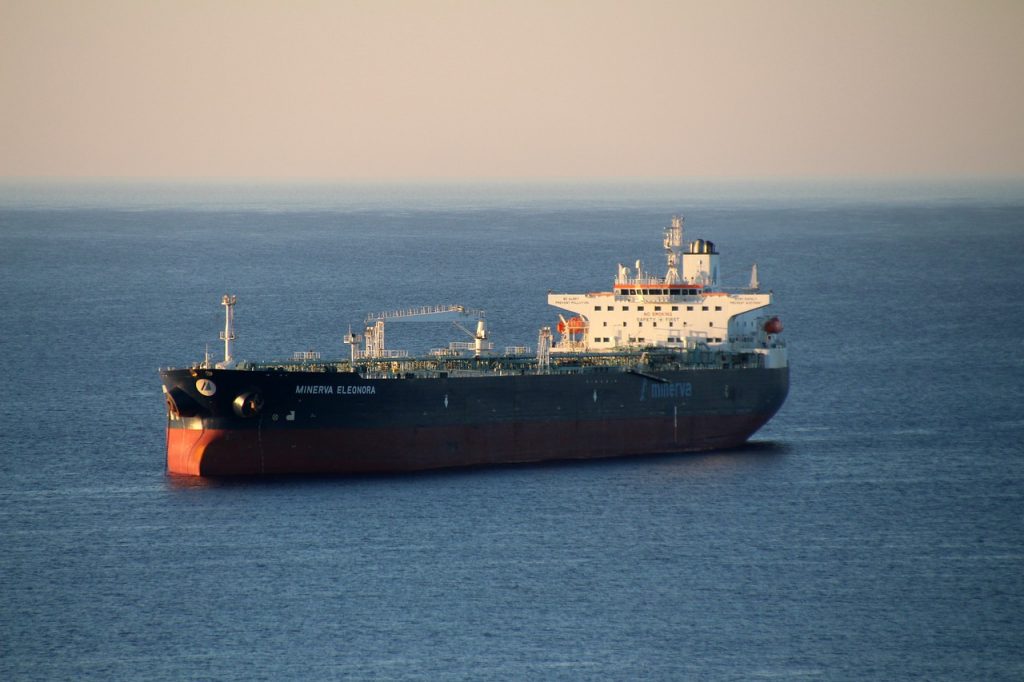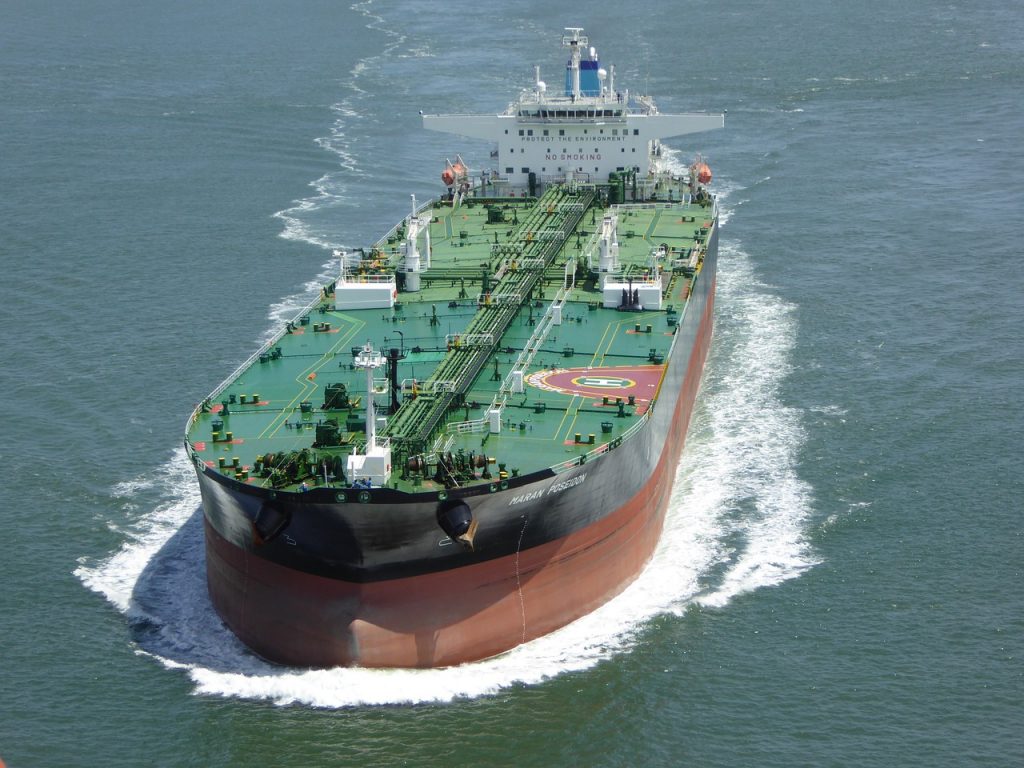Oil Tankers Are Mysteriously Disappearing
In what would seem otherworldly at first glance, oil tankers are seemingly mysteriously vanishing into thin air.
This article is more than 2 years old

The Russian invasion of Ukraine has had devastating ripple effects around the world. Millions of people have fled Ukraine due to the unjust violence of the Russian military, which led to numerous countries issuing embargos and sanctions against Russia. These sanctions have had tangible repercussions for many countries that rely on Russian exports. As one of the largest distributors of crude oil, gas prices have consequentially gone up since the invasion. Now, oil tankers from Russia are disappearing off their trackers, complicating more issues surrounding oil exportation.
Recently, oil tankers carrying substances from Russia have started to disappear from their tracking systems. This phenomenon doesn’t last for several seconds or minutes, but goes on for hours at a time. Though the exact root of the cause hasn’t been established, many countries consider this a dubious, intentional act. In the past, oil tankers vanishing from their tracking system has been done intentionally, which is why these disappearances have raised eyebrows for various countries’ administrations.
In past examples, ships that fell off their tracking system had done so to evade sanctions. Today, many believe Russia is at it again, transporting secret cargo despite active embargos in place. Oil tankers falling off tracking systems, colloquially known as dark activity, have been followed since the invasion’s commencement by Windward. This predictive intelligence agency reported a 600% increase in dark activity since the attack began last month.
Ami Daniel, CEO of Windward, elaborated on their company’s oil tanker findings. The company found a bump in “Russian tankers turning off transmissions,” hoping to throw people off of their whereabouts. The most plausible reason for the disappearances is to get around newly-imposed sanctions, delivering cargo to places Russia is supposed to be avoiding. Since crude oil has spiked in demand since the invasion, it’s economically beneficial for the Slavic country to continue its robust exports.

According to Windward’s findings, the week of March 12 saw numerous cases of dark activity. 33 occurrences revolving around the unknown positions of Russian oil tankers took place during that week. Recorded by AI technology employed by Windward, the company was able to identify when oil tankers fell off their public tracking systems. That week’s dark activity showed a 236% increase from weeks prior, a significant jump from the international weekly average.
According to universal regulations, turning off an oil tanker’s or any cargo ship’s tracking device is unlawful. There are only a few acceptable incidents where tankers can turn off their tracking system for safety reasons. One of the permissible reasons to “go dark” is in known, pirate-occupied regions. Since these Russian ships have no notable reasons to evade tracking, many still assume that the oil tankers’ disappearances are nefarious in nature.
The US Department of Treasury, which is invested in maritime jurisdiction, is currently investigating the oil tanker disappearances. The Treasury stated that they are working with other organizations to monitor these practices closely and will decide what ships need to be meticulously investigated. For now, Russian cargo continues to go missing from their tracking devices until further action is taken.











